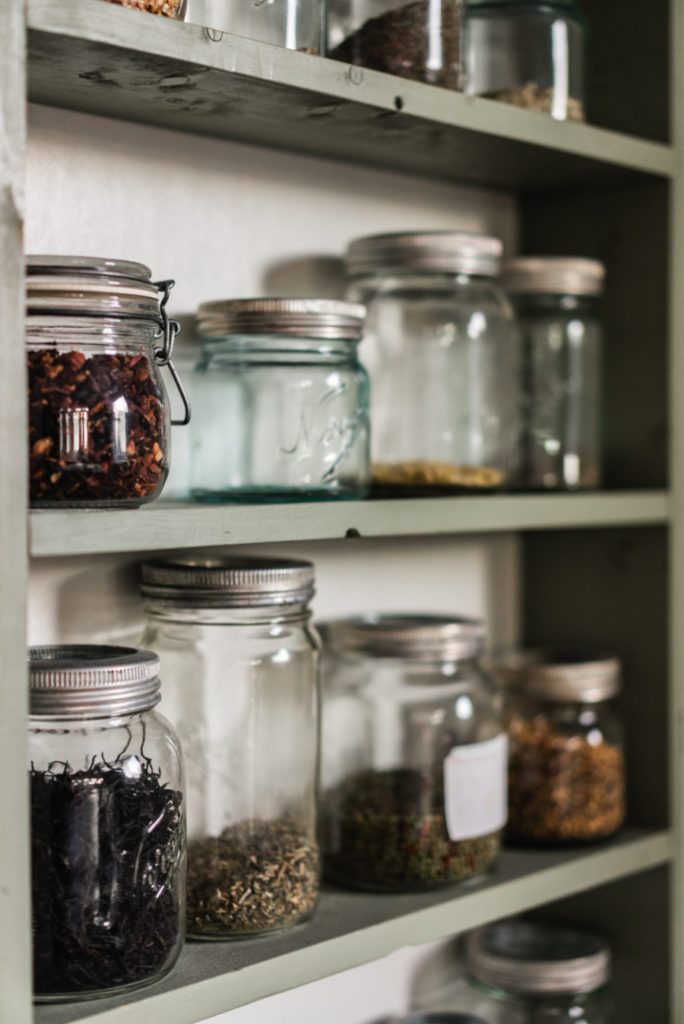Reducing your waste doesn’t have to be hard or expensive. And it certainly doesn’t mean tossing out all your plastic products and replace them with all new sustainable products.
Instead, a zero waste lifestyle is about becoming mindful of your daily consumption habits so you can start to plan for more sustainable choices. Once you’ve used up what you have on hand and are ready to purchase replacements, you’ll have ideas on what habits or product changes you’re able to incorporate into your life.
Zero waste is a journey best taken one step at a time. So here are 10 easy ways to reduce your waste.
Before buying new clothes, clean out or rearrange your closet
You may be surprised at what you can find hidden in the back corners of your closet. Try colour blocking your shirts and pants or arrange a clothing swap with your friends. Still not satisfied with your options? Check out your local second-hand or consignment clothing store.
Refuse single-use products
Please, just don’t take them. This includes plastic cutlery and straws, napkins, paper coffee cups, and takeaway containers. Each year billions of single-use plastic items are thrown away, polluting our land and oceans. Instead…
Create a zero waste kit
This kit can be kept in your car or in your bag so you can always refuse single-use items. The contents of the kit are based on items you most often use. Some suggestions:
- Reusable water bottle – purchase a water bottle or simply reuse a plastic or glass beverage container or any glass jar
- Cutlery set – take pieces from your kitchen or buy second hand. Travel utensil sets work great too
- Travel mug – for your coffee or tea on the go
- Cloth napkin – repurposed dishcloth, face towel, or old t-shirt
- Takeaway food container – Tiffin, jar, or another food storing container works great
- Reusable bags – to carry your kit and for packing groceries
Make coffee at home
Skip the waste and save money! Each year billions of single-use coffee cups are thrown away. That’s right, thrown away, not recycled. Coffee cups are coated in plastic and are not accepted at most recycling facilities. Check with your local municipal recycling programs to confirm. Not only bad for the environment, grabbing a coffee to go can be pricey. The average person spends over $1000/year on coffee. Take a minute to estimate how much you’re spending on coffee per year. Would you like to use that money for something else?
Create a weekly meal plan and grocery list
Not only will you reduce your food waste, but you’ll also save time and money! Before starting your meal plan take a look in the fridge and pantry to see what ingredients you have on hand. Start building your meal plan from there, making sure to use up those ingredients first. Next, put together your grocery list. I find it easiest to write grocery items down as soon as they are used up. Saves time and ensures I don’t forget any items.
Skip paper towels & plastic wrap
Here are some easy and budget-friendly alternatives. Old dishcloths, towels, or cotton shirts work great as napkins or rags for cleaning up messes. To clean, simply add them to your weekly wash. Instead of using plastic wrap store cut foods and leftovers on plates, glass jars, reusable containers, or use beeswax wraps.
Bring your own container when ordering takeaway
If you have a zero waste kit, use the containers you already have on hand to package your takeaway lunch or drink. When ordering, ask that your food be packaged in your reusable container. It may seem awkward at first but most restaurants don’t mind using your containers. Why would they? It saves them money on packaging and they can provide the best consumer service so you’ll come back again.
Share knowledge
Have a favourite package free store, waste reducing tip, or item reuse idea? Share it! Build your support system and community by sharing your ideas and experiences. Educate and learn from others. Join or create a local zero waste Facebook group. Everyone has a part to play in waste reduction, no need to go at it alone!
Speak out on bad packaging
Have a favourite item but don’t like the packaging? Contact the business or manufacture expressing your concerns. By doing this you’re letting the business know you value their products but don’t like the waste. Conversely, if there is a business working to be more sustainable, reach out and thank them for their leadership in zero waste.
Get to know your waste
Understanding the waste you generate enables you to customize your personal waste reduction plan. By performing a trash audit you may find materials that can be reused, recycled, or composted. This will also help you understand your consumption habits so you can be mindful of where small adjustments can be made to be more sustainable.
Ready to Start your Zero Waste Lifestyle?
These tips are the ones I started with when I became more mindful of my consumption habits. They are budget-friendly and easily incorporated into any zero waste lifestyle.
Keep in mind these are just a few examples. So get creative and share your ideas with us via email or Instagram!

